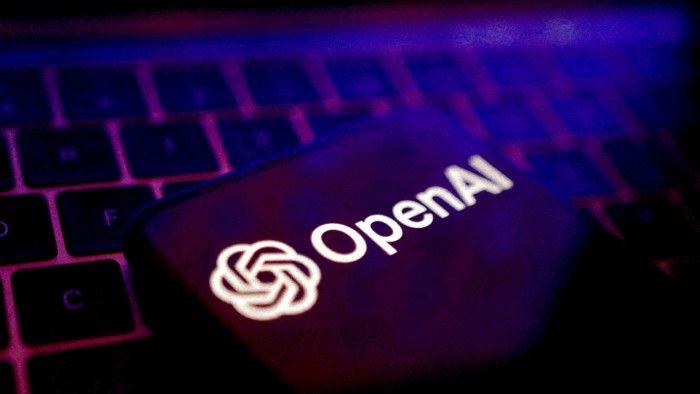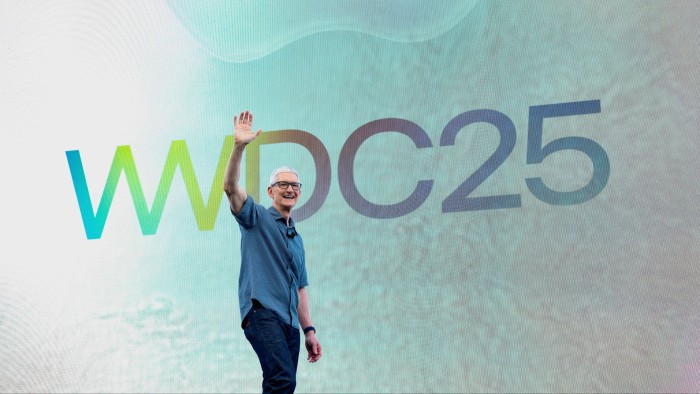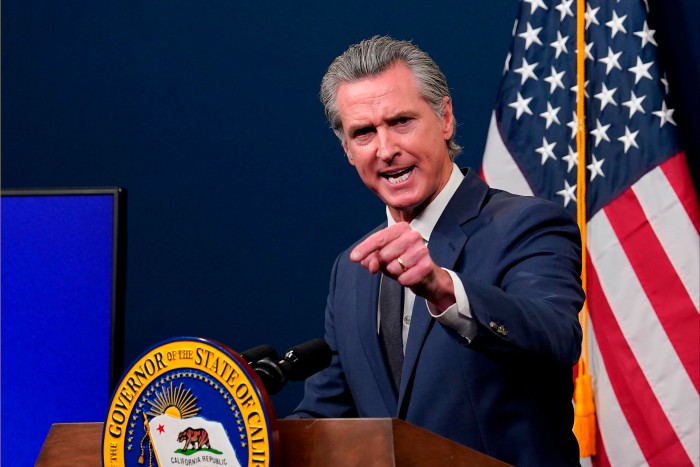OpenAI’s expected subscription revenue doubles to $10bn

Unlock the Editor’s Digest for free
Roula Khalaf, Editor of the FT, selects her favourite stories in this weekly newsletter.
OpenAI’s annual recurring revenue has almost doubled to $10bn, on the back of surging demand for its artificial intelligence tool ChatGPT.
The company said the measure of expected revenue from subscriptions had soared from the $5.5bn it hit at the end of last year.
OpenAI has grown at a breakneck pace since rolling out ChatGPT in late 2022. The chatbot was the fastest consumer app to reach 100mn weekly active users and now claims more than 500mn.
That trajectory is mirrored by other leading AI groups including coding tool Cursor, which has raced to $500mn in ARR this year from less than $100mn in 2024. Anthropic tripled its ARR to $3bn between January and May this year, according to a person with direct knowledge of the matter.
The growth in recurring revenue suggests AI tools are beginning to justify the hype that has surrounded them over the past two years, with individual consumers and companies willing to pay to use them.
Nonetheless, all three companies are lossmaking. The start-ups have gained traction in part because of investors’ willingness to write them cheques of unprecedented size.
OpenAI is in the process of raising $40bn from SoftBank and other investors, while Anthropic has the backing of Google, Amazon and a number of top venture capital firms. Cursor-parent Anysphere recently raised $900mn from investors including Josh Kushner’s Thrive Capital, Accel and Andreessen Horowitz.
The outlay from strategic investors and venture capitalists has turbocharged the growth of a handful of AI companies, which backers hope can expand quickly enough to crowd out competitors.
Even so, there are signs adoption of AI tools may be slowing in some areas.
The proportion of US businesses paying to use AI models has quadrupled to about 40 per cent in the past two years, according to fintech company Ramp. But that growth stalled in May for the first time in 10 months, and Ramp executives have suggested most groups that are willing to pay for the service are already doing so.
OpenAI does not expect to be profitable until 2029, when it has forecast revenues of $125bn, according to documents shared with investors.
The group’s recurring revenue comes from consumers paying for ChatGPT, roughly 3mn subscriptions from business and education customers, and sales of OpenAI’s application programming interface, or API, according to a spokesperson.
The San Francisco-headquartered company is expanding in multiple directions. In recent weeks it has acquired io, the hardware start-up of former Apple design chief Sir Jony Ive, for $6.4bn and is in the process of acquiring code editing company and Cursor rival Windsurf, said people familiar with that deal.
OpenAI is also working with Donald Trump’s administration on Stargate, a massive data centre project which chief executive Sam Altman claims will underpin further advances in the technology.
CNBC first reported on OpenAI’s ARR milestone.






